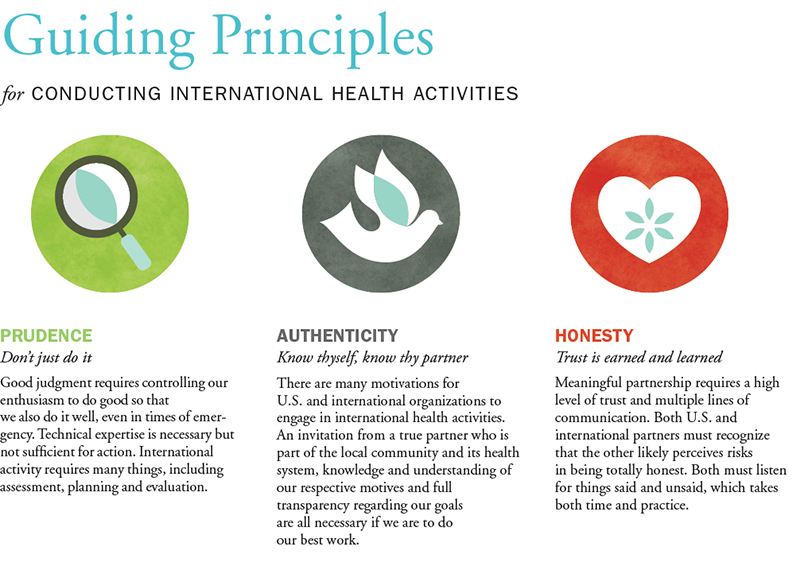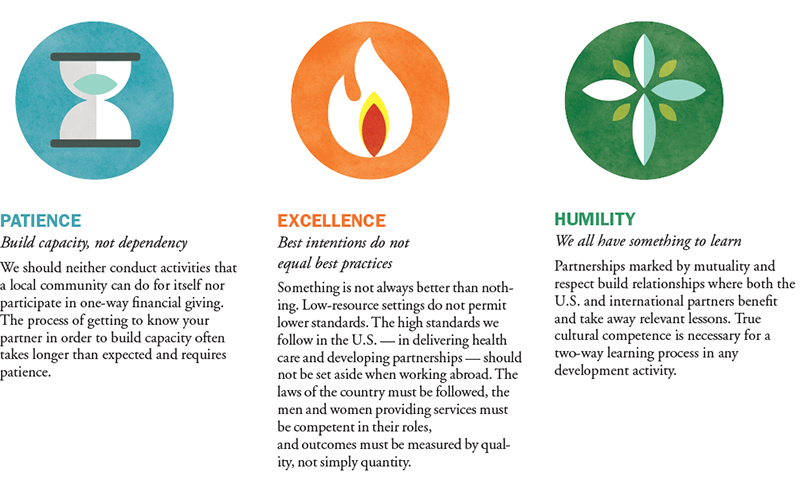BY: BRUCE COMPTON
Are We Working Side by Side, Guarding Dignity and Saving Pride?
We are one in the Spirit, we are one in the Lord
We are one in the Spirit, we are one in the Lord
And we pray that our unity will one day be restored
And they'll know we are Christians by our love, by our love
Yes, they'll know we are Christians by our love.
We will work with each other, we will work side by side
We will work with each other, we will work side by side
And we'll guard each man's dignity and save each man's pride
And they'll know we are Christians by our love, by our love
Yes, they'll know we are Christians by our love.
Do you remember this hymn? Peter Raymond Scholtes, before he left the priesthood, served in St. Brendan's parish on Chicago's South Side. In the 1960s he wrote the hymn "They'll Know We Are Christians by Our Love." His obituary notes that at the time, he was looking for an appropriate song for a series of ecumenical, interracial events, being his was an interracial parish. When he couldn't find such a song, he wrote the now-famous hymn in a single day. His experiences at St. Brendan's, and in the Chicago Civil Rights movement, influenced him for the rest of his life.
The hymn is one many of us recognize. Although I didn't know it was written by a Catholic priest until more recently, it completely makes sense. Our Catholic tradition calls us to action, pleads with us to seek justice, peace and ensure dignity. And just like Scholtes' experiences seeking justice amid the struggles of the civil rights movement, the experiences of our ministry associates serving in short-term medical mission trips or other international projects — reaching out to our global neighbors — can and does change and influence our lives.
I'll admit that, initially, this edition of Health Progress with its focus on suffering caused me some column angst. Suffering is something that even very young children can understand; it's something we feel deep in our marrow. We see something on TV and feel a cry within ourselves to reach out in some way, to be of some service. Yet, as we respond, how do we ensure that we not only act, but that we also seek justice and peace and ensure dignity in so doing?
The Catholic Health Association's "Guiding Principles for Conducting International Health Activities" provides a framework for how we might, as the hymn goes, work side by side, guard dignity and save each person's pride in the face of trying to alleviate suffering. Developed by a committee of CHA members, the "Guiding Principles" is a road map for how to partner for the creation of sustainable programs that create health access in places in our world where little equity exists, much less health equity.
So as a reminder, and as inspiration while you read the articles focused on the topic of suffering, please keep the principles below in mind, and consider a few of the questions for reflection. May we all be known by our love, by our partnership — working side by side — and by our desire to guard the dignity of those who are suffering.
QUESTIONS FOR REFLECTION
Following publication of the "Guiding Principles," CHA published the "Reflection Guide for Global Mission Trips." In it, the user is led through a discernment of the 'Guiding Principles' as they relate to participating in a short-term medical mission trip. Here are a few questions from the guide, as well as several specific to this column. I hope they will help you consider the principles as they relate to your own experiences in Catholic health ministry and as a global citizen and child of God.
- Which "Guiding Principles" engage and resonate with me?
- What in them challenges me, or might I want to learn and pray more about?
- How do I define suffering?
- When have I seen suffering?
- In our international activities, or even in our U.S. work, are we attending to the dignity of everyone we encounter? How?
- Might those whom I see as "suffering," believe in turn that I am in need of something? What might another person's definition of suffering be?
As you consider how you are helping those who suffer, here are some suggestions for how you might live out your call:
We know from the Gospels that Christian discipleship is an active business. Jesus says in the Sermon on the Mount: "Not everyone who says to me, 'Lord, Lord,' will enter the kingdom of heaven, but only the one who does the will of my Father in heaven." (Matthew 7:21)
How can you become more active as a result of your international health experience? You may never return to the place where you worked during your trip. Still, something may have been awakened in you: a desire and a capacity to help, to heal, to speak on behalf of others, to stand in solidarity alongside those whom the world calls poor, but to whom God promises the Kingdom of Heaven.
The corporal works of mercy, suggested in Matthew 25, may be helpful in prompting your imagination about ways to live an active life of faith that does justice.
- Feed the hungry
- Give drink to the thirsty
- Shelter the homeless
- Visit the sick
- Visit the prisoners
- Bury the dead
- Give alms to the poor
You also may consider opportunities to advocate for issues about which you are passionate. Living in a democratic society, we have the right and responsibility to be active citizens who think critically and promote the Gospel and the tenets of Catholic social teaching in the processes of representative government. No one has to do everything, but everyone can do something.


BRUCE COMPTON is senior director, international outreach, the Catholic Health Association, St. Louis.